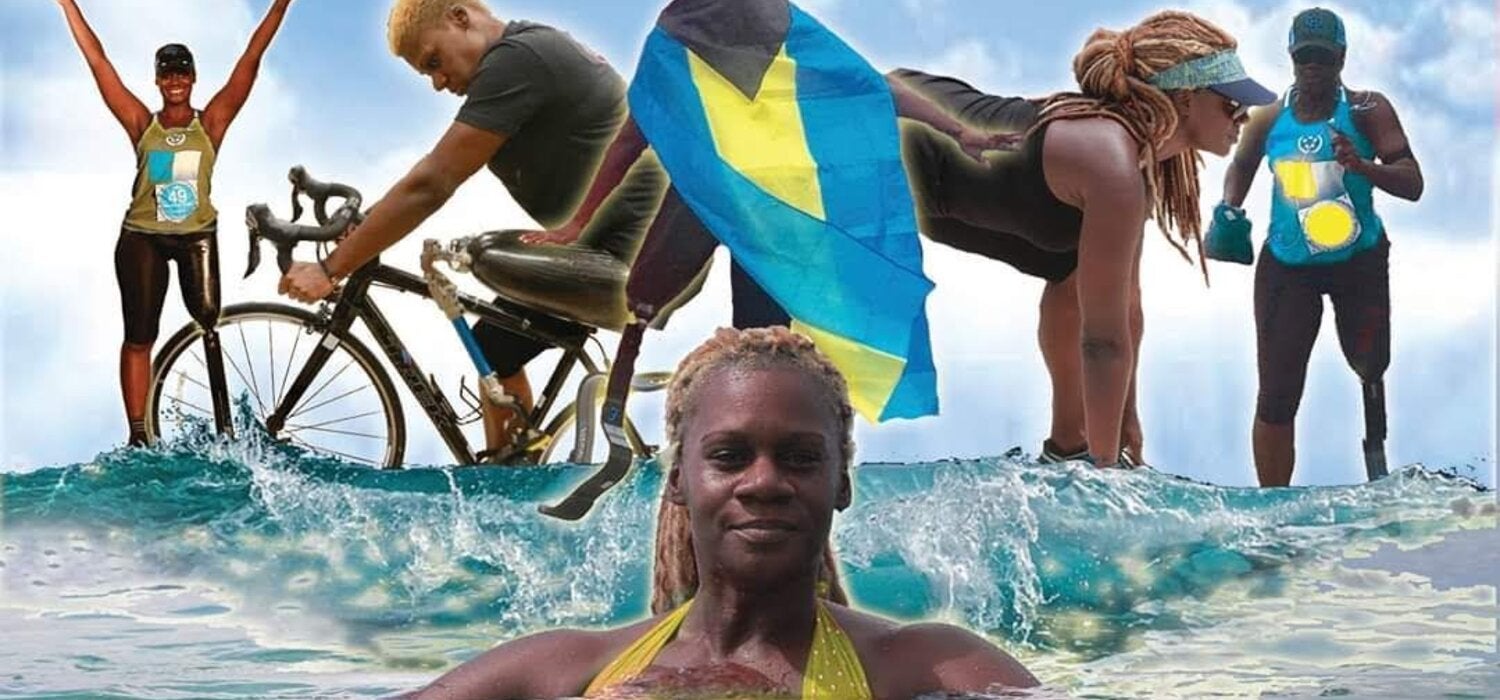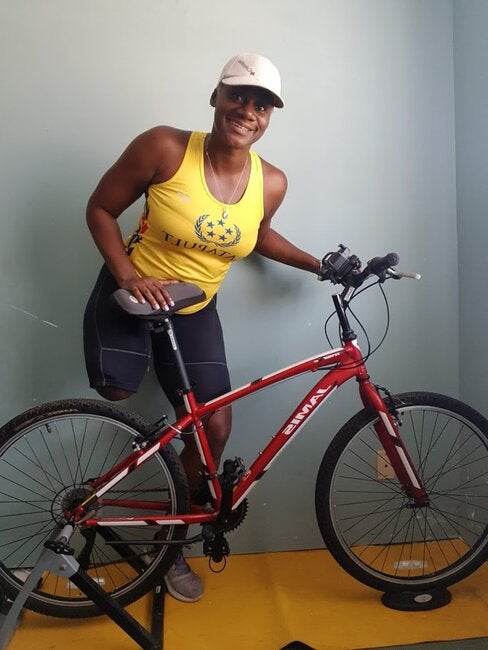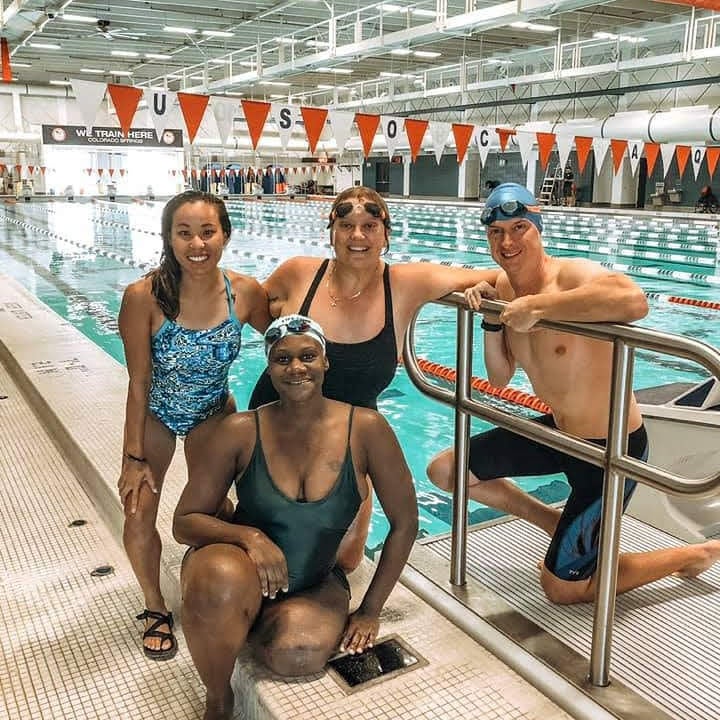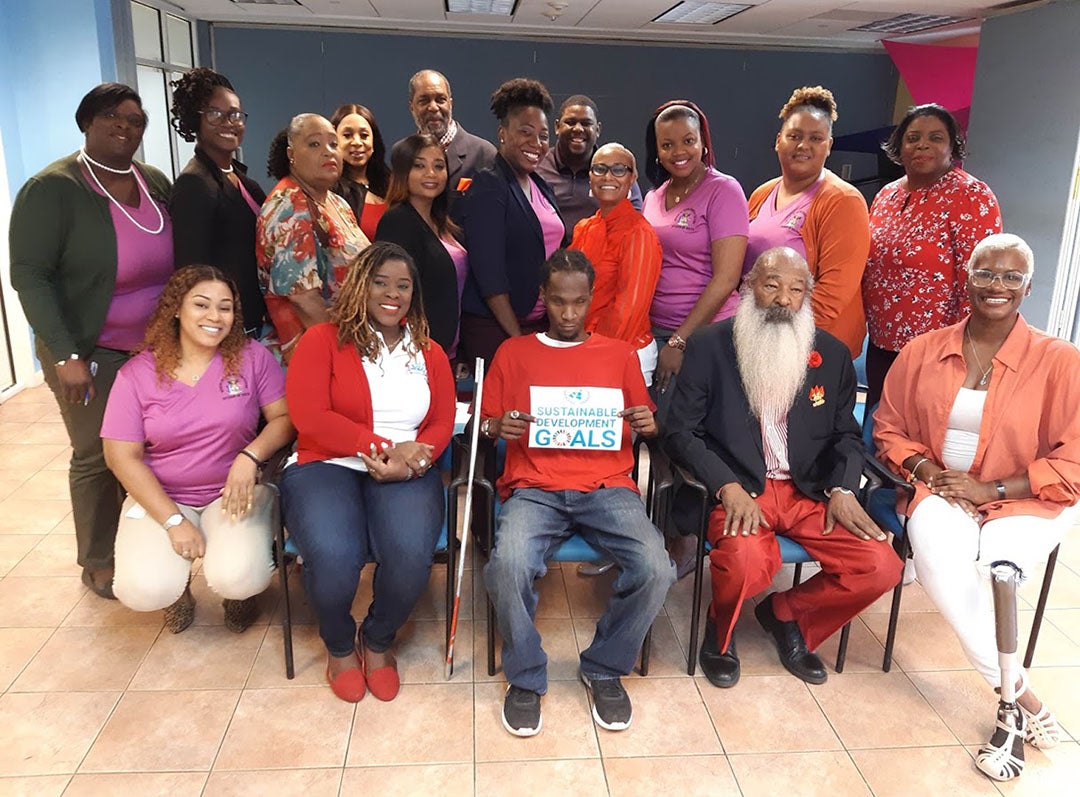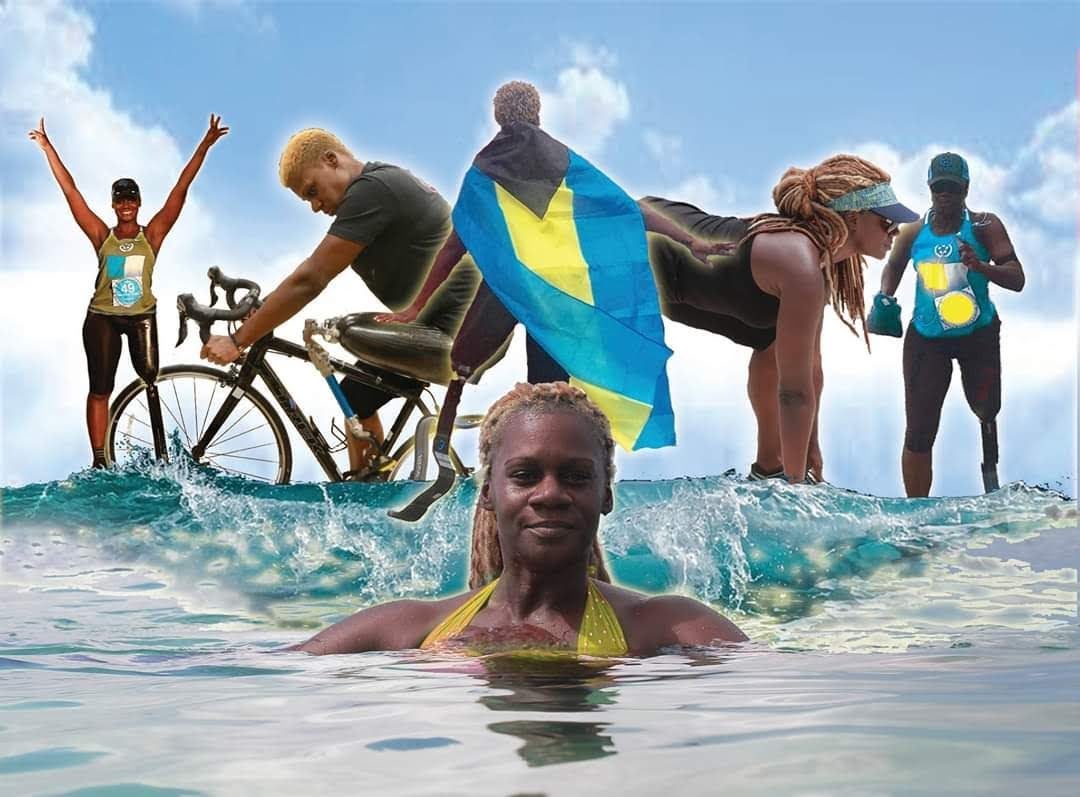Still, she was shocked when she found out that might lose her leg. She was told right before her first planned surgery that doctors would try to replace the bone in her leg, but that if that wasn’t possible, it would have to be amputated. Even if the bone could be replaced, the cancer might spread to the lower part of her leg.
Throughout her treatment, she struggled to pay her medical bills. One of her shots cost $200, and she had to take it three times a day for three months. She was only able to afford the medicine because the manufacturer had a special program for cancer patients.
“I thought that if I am going to die, then let me know, because my family is struggling for every penny to pay for my treatment,” she says now. “I would rather spend this time making memories with my son and my dad.”
At one point, she met a physician who was director of osteosarcoma research at a major hospital. He offered to do her surgery on a pro bono basis, because her case was unusual. Her tumor was large, and the remaining bone was fingernail thin. Yet she had no other tumors in vital organs, and she had been walking on her leg and playing sports before her accident. “Obviously, it was hard, but I am still here,” she says of the amputation. “I am a mother. I need to carry on.”
Years later, her cousin, who was like a sister to Erin, would die from cancer. Her cousin developed sarcoma, which affects the soft tissue of the spine. She passed away in 2018, and Erin says her death “was and still is the most difficult experience of my life.”
Erin’s cousin’s death, along with her own struggle, fueled her passion for universal health care. In 2018, she was involved in a universal health campaign in the Bahamas undertaken by WHO and the Pan American Health Organization (PAHO). PAHO provides support to member nations in the Americas to strengthen health services and work toward universal health, including care for cancer patients.

